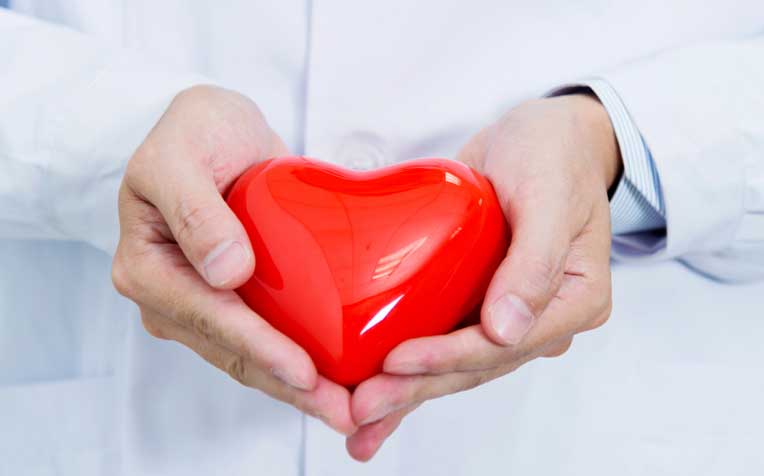
Hypertrophic cardiomyopathy has no cure but can be managed with medications.
Dr Tang Hak Chiaw, Senior Consultant,
Department of Cardiology,
National Heart Centre Singapore (NHCS), a member of the
SingHealth group, shares the potential complications and treatment options of hypertrophic cardiomyopathy.
Potential complications of hypertrophic cardiomyopathy
Various conditions can develop as a result of hypertrophic cardiomyopathy. Here are the most common ones:
- Arrhythmias
In hypertrophic cardiomyopathy, the heart muscle cells are not smooth, but disarrayed. This can affect the normal electrical activity of the heart and lead to fast or erratic heart rhythms.
One common type of arrhythmia is atrial fibrillation. It occurs when the upper chambers of the heart, or atria, beat too fast or in an irregular fashion.
The arrhythmias can also originate in the lower chambers of the heart, or ventricles, leading to a condition called ventricular tachycardia.
If the heart stops beating altogether due to an arrhythmia, it may result in sudden cardiac death.
- Heart failure
In some hypertrophic cardiomyopathy patients, the heart pumping action may be weakened as a result of this condition. These patients would have a higher chance of experiencing the signs and symptoms of heart failure e.g. breathlessness on exertion or water retention.
Treatment for hypertrophic cardiomyopathy
There is no cure for hypertrophic cardiomyopathy. The treatment will aim to relieve symptoms, if any, and to prevent complications.
Here’s a quick chart of the most commonly prescribed drugs for hypertrophic cardiomyopathy.
| Drugs | Main benefits |
|---|---|
| Beta-blockers |
|
| Calcium channel blockers |
|
| Amiodarone |
|
| Anticoagulants (e.g. heparin or warfarin) |
|
| Diuretics |
|
In patients at high risk of sudden death, doctors may recommend the installation of a defibrillator. A defibrillator is a tiny box implanted under the skin that shocks the heart back to normal rhythm when a patient is having life-threatening rhythm.
A heart transplant may be considered in a selected group of patients when the heart function is severely depressed.
“If your hypertrophic cardiomyopathy obstructs the flow of blood out of your heart and medications cannot fully remove the associated symptoms, you may need to undergo open-heart surgery. Your doctor will discuss your options with you,” says Dr Tang.
Ref: S13
Related Articles
Conditions & Treatments
Public Events
Get the Health Buddy App
© 2025 SingHealth Group. All Rights Reserved.














 Get it on Google Play
Get it on Google Play